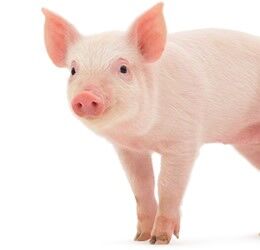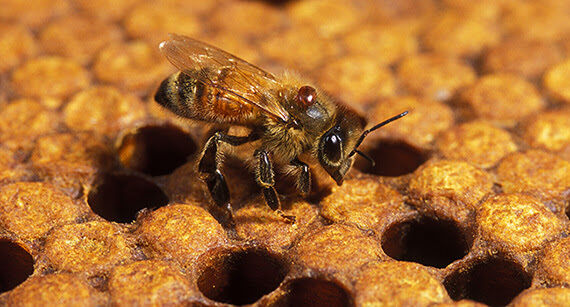oap defeats COVID
SIn a new episode of the University of Arkansas’ Short Talks From the Hill, Kristen Gibson explains how soap destroys respiratory viruses such as coronavirus and offers tips for handling potentially contaminated surfaces.
Gibson is an associate professor of food safety and microbiology for the Arkansas Agricultural Experiment Station, the research arm of the University of Arkansas System Division of Agriculture, and in the Dale Bumpers College of Agricultural, Food and Life Sciences. She studies the fate and transport of pathogens within food systems, focusing on human noroviruses and fresh produce, as well as retail food safety.
When the coronavirus pandemic broke, Gibson’s knowledge and expertise were in high demand. Was packaged and take-out food safe? How should it be handled? Gibson addressed these concerns with several media outlets and emphasized the critical importance of hand washing, something everyone should be doing regularly, she says, even when there isn’t a pandemic.
In this new podcast, Gibson explains the effect of soap on respiratory viruses, such coronavirus.
"Respiratory viruses have what is called an envelope. And this is basically … a fatty layer around the virus itself. And so, if you remember a little bit about chemistry from back in the day, soap is designed to break down fat. So, for respiratory viruses, soap will destroy that outer envelope that protects the virus. And then it makes it more susceptible to kind of destroying the virus and making it not able to infect anymore.”
To listen to Gibson discuss her research, go to ResearchFrontiers.uark.edu, the home of research news at the University of Arkansas, or visit the "On Air" and "Programs" link at KUAF.com.


